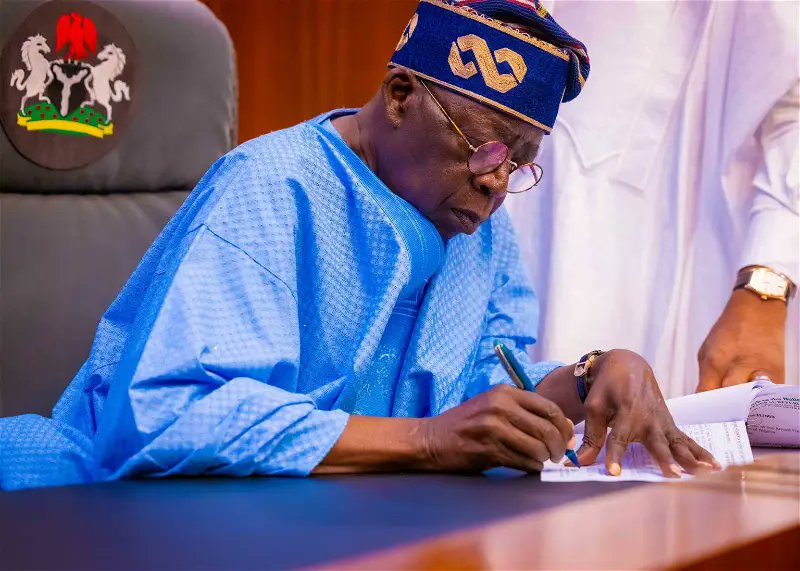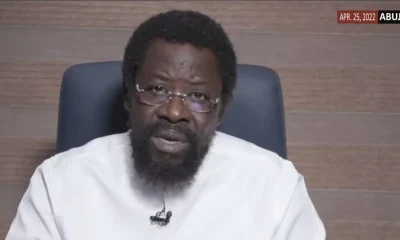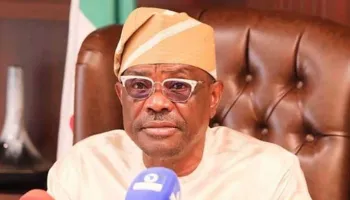
News
BREAKING: Tinubu Approves N70,000 Minimum Wage for Nigerian Workers

(iexclusivenews) –In a groundbreaking move that promises to reshape Nigeria’s labor landscape, President Bola Tinubu has approved a new minimum wage of N70,000 for Nigerian workers.
This decision, announced on Thursday, marks a significant step towards improving the living standards of millions of Nigerian employees and addressing longstanding concerns about fair compensation.

The New Minimum Wage
President Tinubu’s approval of the N70,000 minimum wage represents a substantial increase from the previous rate.
This decision comes at a crucial time when many Nigerians are grappling with rising living costs and economic challenges.
The new wage structure aims to provide workers with a more livable income and boost overall economic activity through increased consumer spending.

Key Points of the Announcement:
– The minimum wage has been set at N70,000
- A commitment to review the national minimum wage law every three years
Plans to assist private sector and sub-national entities in implementing the new wage
One of the most promising aspects of this announcement is President Tinubu’s commitment to reviewing the national minimum wage law every three years.
This regular reassessment will help ensure that the minimum wage remains relevant and responsive to changing economic conditions, inflation rates, and the cost of living in Nigeria.
Recognizing the potential challenges that employers might face in implementing the new minimum wage, President Tinubu has pledged to find ways to assist both the private sector and sub-national entities.
This support will be crucial in ensuring widespread adoption of the new wage structure without causing undue strain on businesses or local governments.
Labor Leaders’ Response
READ MORE: Labour Reject New Minimum Wage, May Resume Strike Tuesday
FG Proposes N62,000 Minimum Wage Amid Labour Negotiations
The announcement was met with approval from labor leaders, including representatives from the Trade Union Congress (TUC) and the Nigeria Labour Congress (NLC).
Their positive response suggests a collaborative approach between the government and labor unions, which could pave the way for smoother implementation of the new wage policy.
In a related development, President Tinubu also promised to use his discretionary powers to address the demands of university unions regarding unpaid salaries.
This commitment demonstrates the administration’s holistic approach to addressing labor concerns across various sectors.
A Step Towards Economic Progress
The approval of the N70,000 minimum wage represents a significant milestone in Nigeria’s economic policy.
By increasing the minimum wage and committing to regular reviews, the Tinubu administration aims to improve the lives of Nigerian workers, stimulate economic growth, and foster a more equitable society.
As this policy unfolds, it will be crucial to monitor its implementation, economic impact, and the government’s ability to support employers in meeting these new wage requirements.
The success of this initiative could set a new standard for labor relations and economic management in Nigeria and potentially serve as a model for other developing nations.






















